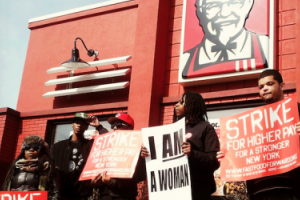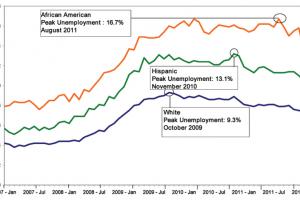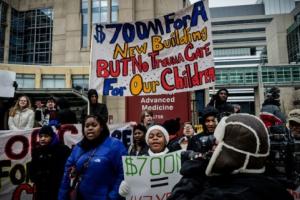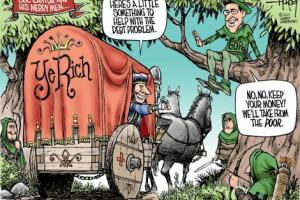They Can't Stop Beethoven, Can They? Orchestral Workers Fight For Dignity
Too Much
 Richard Davis chairs the negotiating committee at the nonprofit responsible for the Minnesota Orchestra. Last October 1, Davis and his fellow corporate managers who run the nonprofit "locked out" the orchestra's musicians after they refused to accept a contract offer that would have cut musician pay by up to 50 percent and jumped annual health care premiums by up to $8,000. These musicians are not striking. Quite the contrary. They offered to keep working.
Richard Davis chairs the negotiating committee at the nonprofit responsible for the Minnesota Orchestra. Last October 1, Davis and his fellow corporate managers who run the nonprofit "locked out" the orchestra's musicians after they refused to accept a contract offer that would have cut musician pay by up to 50 percent and jumped annual health care premiums by up to $8,000. These musicians are not striking. Quite the contrary. They offered to keep working.








Spread the word